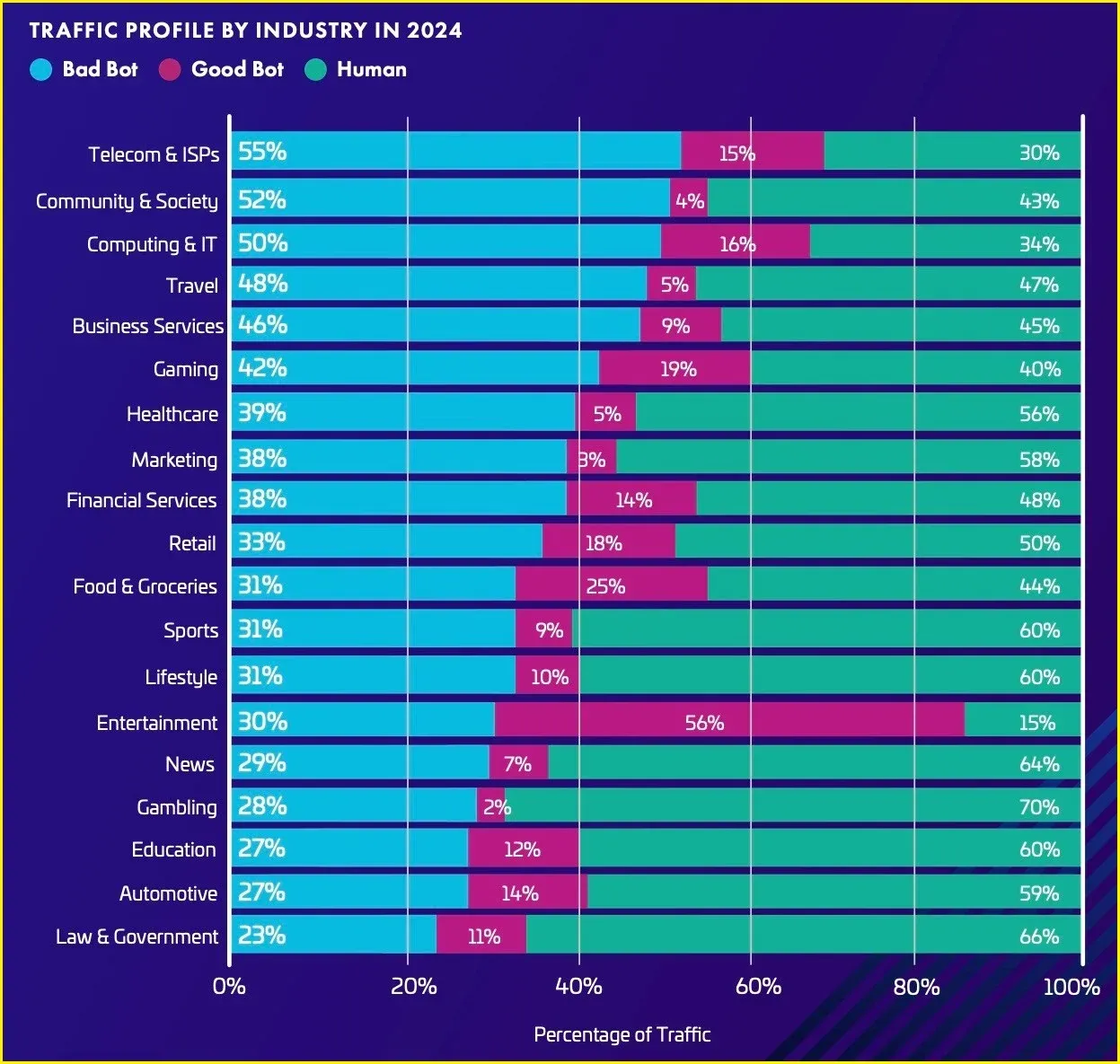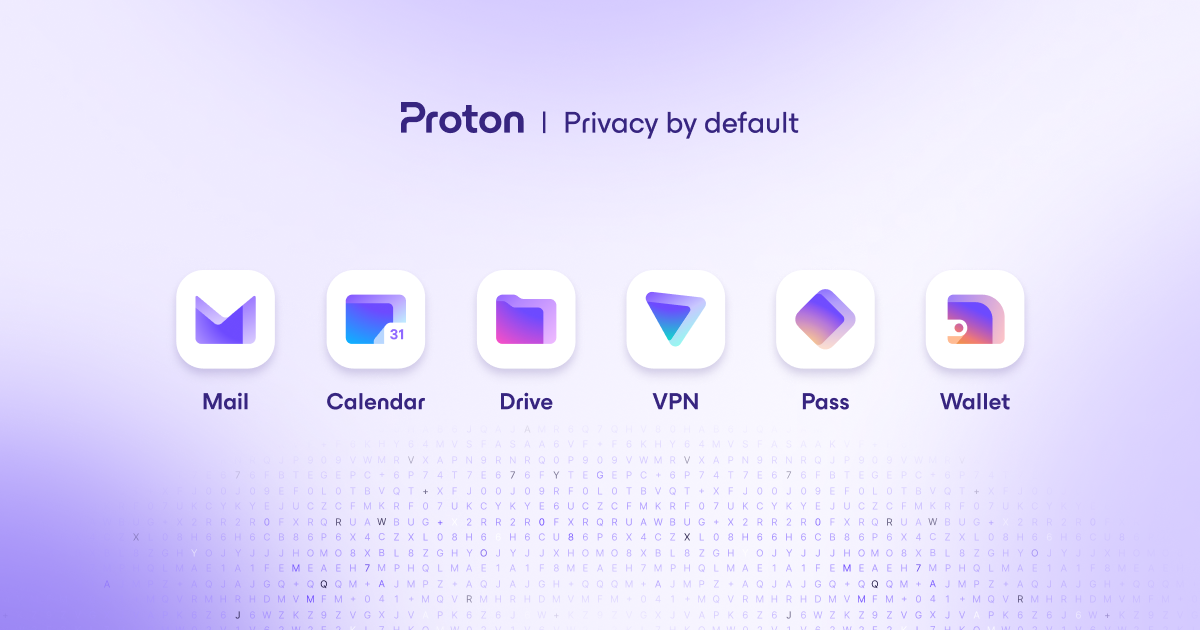
Previously on the Internet
I have a theory: Most people from mine and slightly older generations (early 80s kids) still remember the first time we went online unsupervised.
It was late 2001, I was 18 years old, which was an admittedly belated entry into cyberspace compared to my peers, but the fact that I remember when and where it happened, and what websites I visited, should underscore my point, especially to younger readers: the internet felt like a revelation.
Why would I bestow such gravitas and import to that one hour over two decades ago, in a tiny internet cafe, on Internet Explorer of all things?
This was when I had finally decided what I was going to do with my life: I wanted to be a filmmaker. But I was in Sri Lanka, and had little access to the resources I would need; what films and filmmakers to study, how films were made in the first place, such things were mysterious and secretive in my pre-internet life.
On that day in 2001, in that one hour, I realized how wrong I was. Everything I wanted to learn about film was just a Yahoo! search away. The internet had lived up to its hype: it was the promised land for the insatiably curious. Today, the kids would call it a nerdgasm.
I start this essay with this flashback because I want to carry out a thought experiment: All other things about me being equal, what would an 18 year old me dreaming of films and film-making, encounter on the internet in 2025? I encourage my younger readers (those born in the 2000s) to do the opposite: imagine if you were old enough to encounter the pre-social media, pre-SEO spam, pre-AI sludge filled internet.
The Dead Internet
In their paper The Dead Internet Theory: A Survey on Artificial Interactions and the Future of Social Media (Asian Journal of Research in Computer Science, 18(1) 67-73), Muzumdar, et al., trace the genesis of the theory to online communities in the late 2010s:
"The origins of the Dead Internet Theory (DIT) can be traced back to the speculative discussions in online forums and communities in the late 2010s and early 2020s. It emerged as a response to the growing unease about the changing nature of the internet, particularly in how social media and content platforms operate. Early proponents of the theory observed that much of the internet no longer felt as vibrant or genuine as it had in its earlier days, where user-generated blogs, niche forums, and personal websites created spaces for online interaction."
In Is Google Getting Worse? A Longitudinal Investigation of SEO Spam in Search Engines Bevendorff, J., et al,. showed there was empirical evidence to back these observations.
What does that look like at a macro level? On the surface, it means more than half of all internet traffic is bots.

This seems almost inevitable.
Around 2005, I was working as a copywriter for a web development firm that specialized in the hospitality sector. Our clients were some of the largest brands in the industry, and every week our job was to ensure their websites would rank above the competition. My employer was a well-known service provider to the entire sector, which meant we worked on brands that were competing against one another.
One half of the day would be spent ensuring Hotel X in New York City ranked higher than Hotel Y, the former's competitor in, say, the luxury hotel space for New York. The second half would be focused on—and I wish I was joking—ensuring Hotel Y would rank over Hotel X. This mercenary approach to winning Google search rankings for clients, drove me to quit. When my boss at the time asked why I was quitting, I could not adequately express my misgivings. It only took me twenty years to crystallize my thoughts on the matter.
The Costs of A Dead Internet
The research carried out by Bevendorff, et all., restricted itself mostly to websites that focused on product reviews. We don't require advanced comprehension of statistics to extrapolate these findings into more critical areas such as political and social discourse; as AI generated news combines with SEO Spam and bots, the stakes are enormous.
The evidence shows that AI misinformation is leading to an erosion on a common, shared truth. Is it any wonder that the last decade has seen increasing polarization in our societies?
Reviving the Revelatory Internet
The study by Campante et al., 2025 offers a way forward:
"While exposure to AI-generated misinformation does make people more worried about the quality of information available online, it can also increase the value they attach to outlets with reputations for credibility, as the need for help in distinguishing between real and synthetic content becomes more pressing."
Reviving the internet has to be a collective fight. Everyone of us can play their part in ensuring a more vibrant internet. Then we don't have go into survival mode and opt for devices like Prepper Disk for a post-apocalyptic, offline internet knowledge. Excellent idea, by the way.

Here are some ways we can still resist for a more human internet:
Spam Protection and Authenticity
- mosparo: AI-powered open-source spam filtering for website forms, avoiding intrusive CAPTCHAs and preserving genuine user interactions.
- ASSP (Anti-Spam SMTP Proxy): Open-source email firewall using Bayesian filtering, greylisting, and AI spam detection.
- Anubis: Blocks AI scrapers with proof-of-work challenges, protecting self-hosted sites from bot scraping.
- CAI SDK (Content Authenticity Initiative): Open-source tools for verifying content provenance and checking if media/news is authentic and unaltered.
Disinformation Detection and Curated Search
- iVerify: Fact-checking and false narrative alerting tool with transparent code, useful for journalists and regular users.
- Disinfo Open Toolbox: Suite of open-source tools to verify news credibility and monitor fake news/disinformation sources.
- Codesinfo: Set of open-source civic journalism tools for fact-checking, evidence gathering, and author attribution.
- phpBB, Discourse: FOSS forum platforms for authentic, moderated human communities.
- OSINT tools (Maltego & others): Free open-source tools to investigate online identities, emails, and website authenticity.
Building and Joining Authentic Communities
- Fediverse platforms (e.g., Mastodon, Lemmy): Decentralized open-source social networks emphasizing moderation and organic growth.
Protect Your Browser
- Browser privacy extensions and alternative search engines (Searx, DuckDuckGo): Reduce SEO spam and filter content farms.
- RSS aggregators and curated open-source communities: Bypass algorithmic feeds for direct access to trusted sources.
- FOSS moderation, spam filtering, fact-checking, and media verification: Ensuring content authenticity and reliable engagement.

Next On the Internet
The easy thing for someone like me—a writer of speculative fiction—is to veer this column towards the dystopian. I could, for instance, liken a future internet to a zombie apocalypse where AI powered spam and content bots bury thriving virtual communities run by actual people.
This isn't a feat of imagination even: just take a gander at blogging sites like Medium (which began with a promise to make writing and writers on the internet feel seen); almost all the site's tech writing is clearly AI generated, while some of its writers in the paid partnership write repetitive pieces on how AI has allowed them to supposedly make six-figure incomes.
In such a case, I should end this with a eulogy to an internet that I no longer recognize.
Or I could write this note to the imaginary 18-year-old me using the internet in 2025. In which case, I would tell him: there is a better way, and that better way is within your grasp.
- Even the biggest players in the Linux world don't care about desktop Linux users. We do.
- We don't put informational content behind paywall. Your support keeps it open for everyone. Think of it like 'pay it forward'.
- Don't like ads? With the Plus membership, you get an ad-free reading experience.
- When millions of AI-generated content is being published daily, you read and learn from real human Linux users.
- It costs just $2 a month, less than the cost of your favorite burger.
Become a Plus Member today and join over 300 people in supporting our work.








